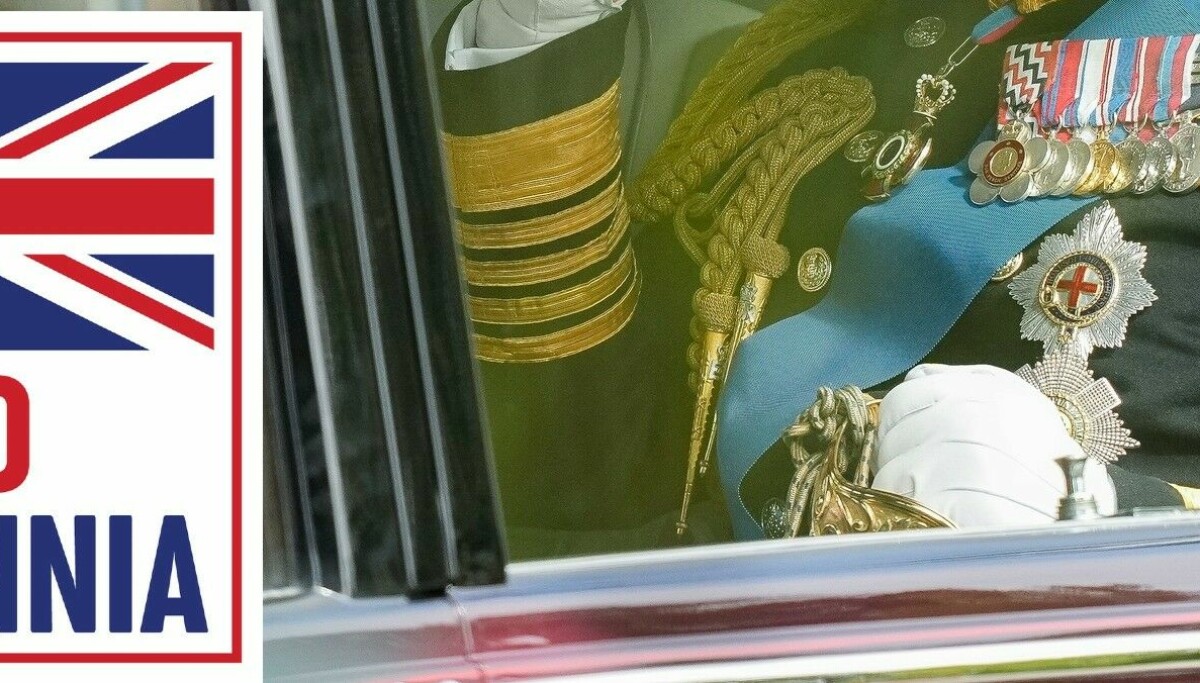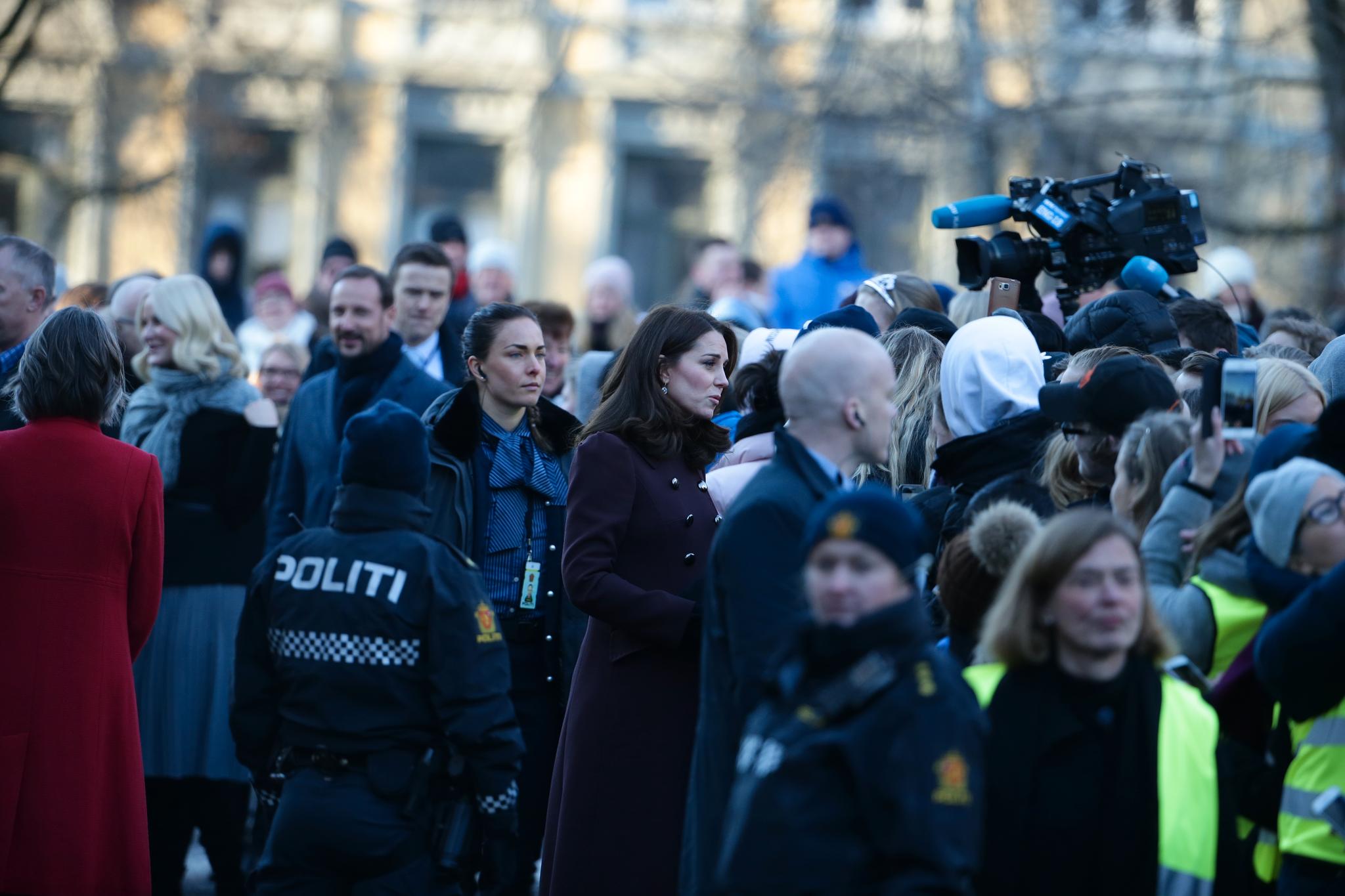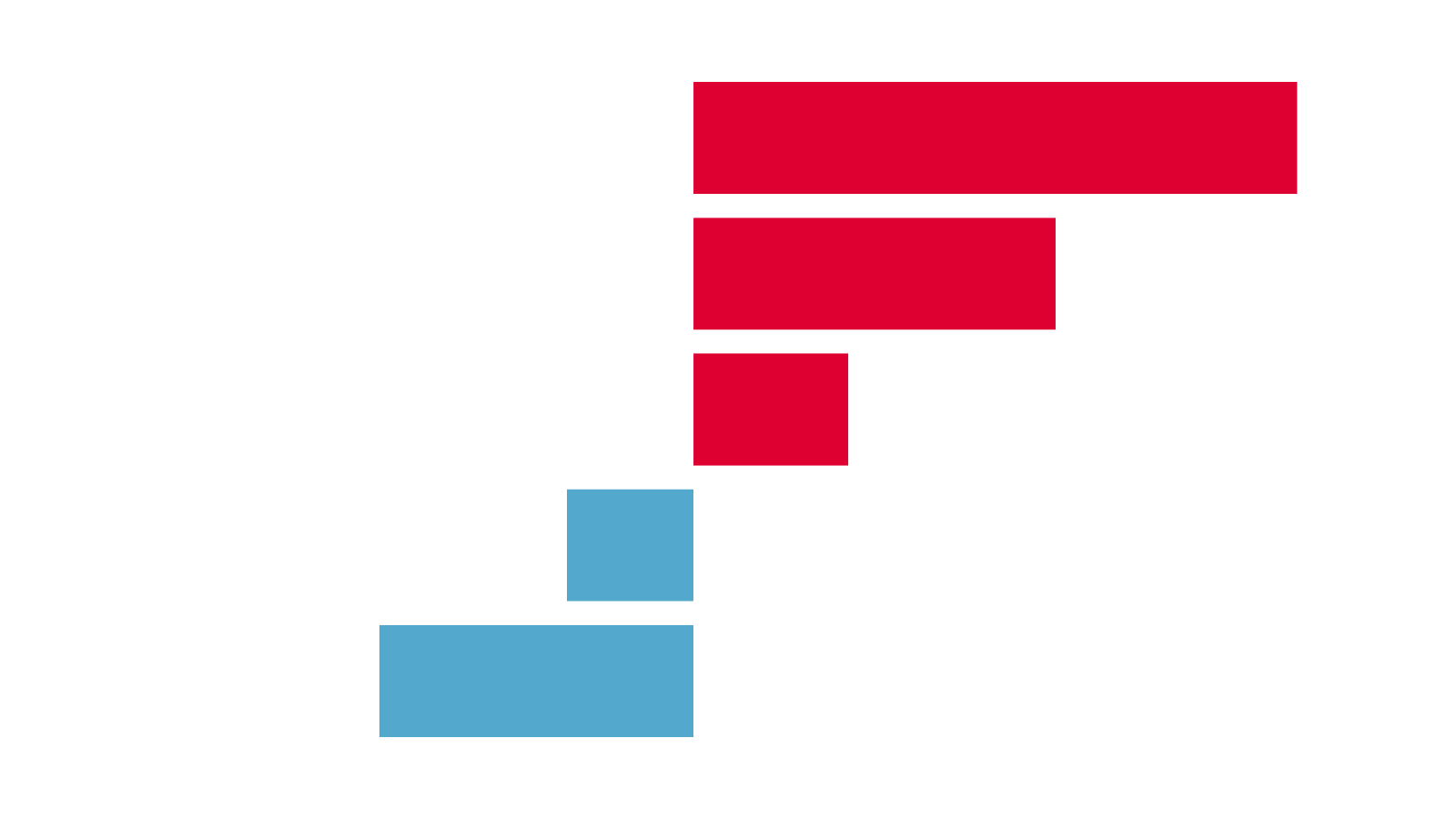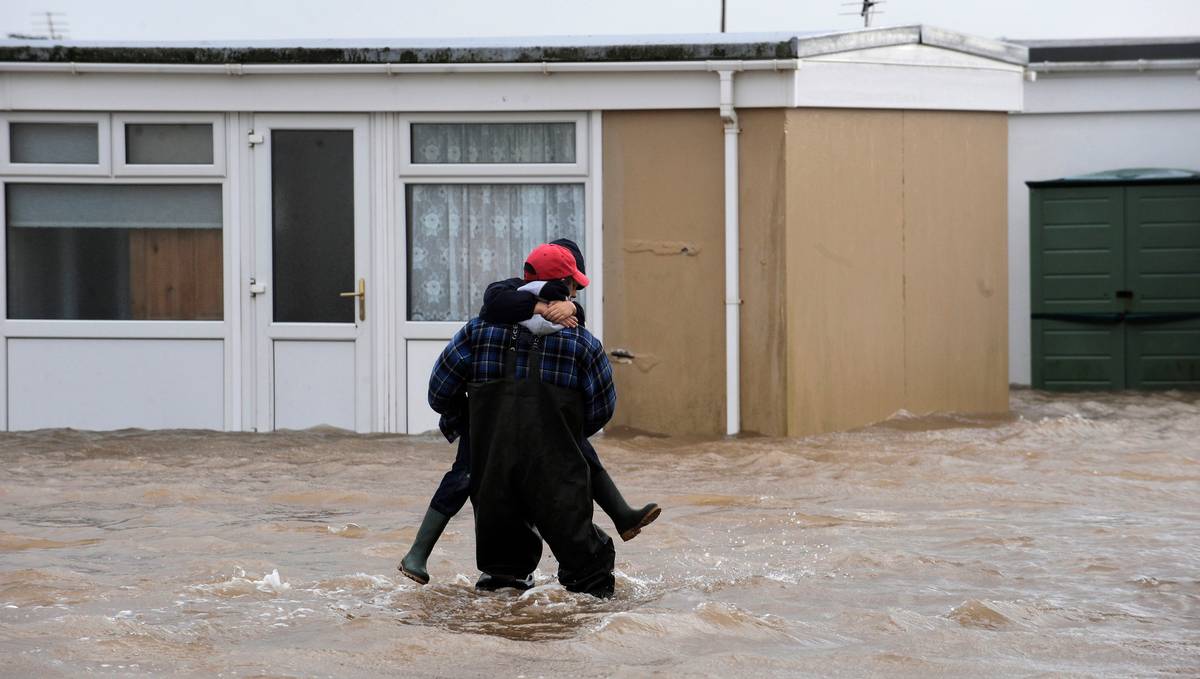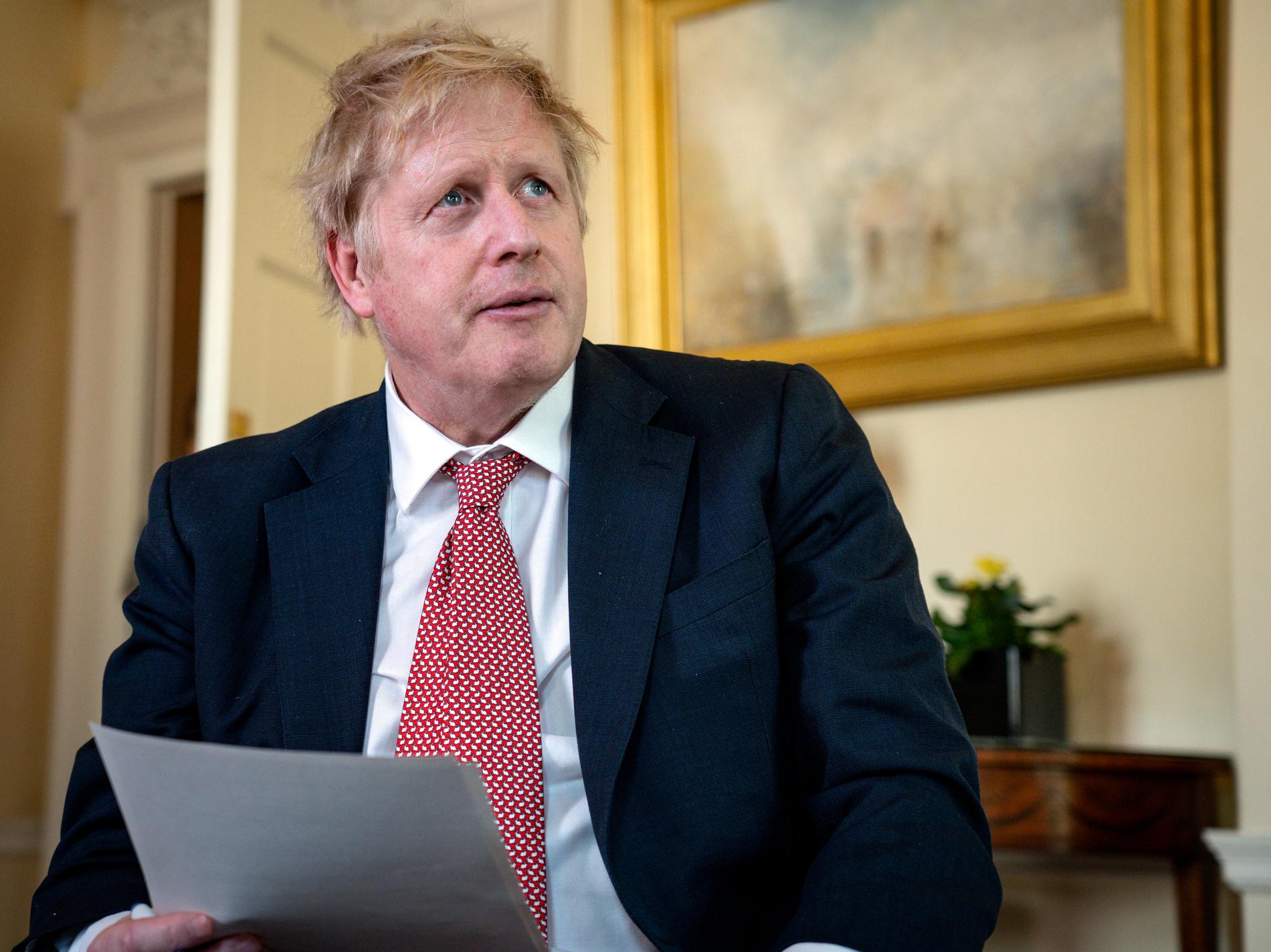Britain’s Supreme Court has refused to hear WikiLeaks founder Julian Assange’s appeal against a lower court ruling ordering his extradition to the United States to face charges under the US Espionage Act. The case will now be forwarded to Home Affairs Minister Priti Patel for a final decision, unless Assange’s legal team appeals further.
Assange has four weeks to turn over his communications to Patel, which is the equivalent of asking the devil for mercy. He can also try to appeal the original court decision from the first court to hear his case – Magistrates Court – and sided with the US Government’s extradition request on every point but one, which for medical reasons – which the US has now successfully redone.
His lawyer outlined the basis for such an appeal in April last year, alleging that a pseudo-legal prank charge of heroic journalists had been imposed. They argue that Assange’s extradition is being sought illegally for political offences, which are prohibited under the extradition treaty between the United States and Britain; constitutes a violation of legal process; contravenes Article 3 (inhumane and degrading treatment), Article 5 (wrongful detention), Article 6 (denial of a fair trial), Article 7 (retroactive justice) and Article 10 (freedom of expression) of the European Convention on Human Rights ( ECHR); based on a misrepresentation of facts; and that he is being persecuted by higher political motives.
Assange’s legal team have also indicated they will be able to appeal to the European Court of Human Rights.
Assange’s life is in grave danger. Neither of these appeals is likely to be granted, and even such rights and formal legal process would not continue to be considered secure. Assange’s prosecution has always been the “legal” continuation of the unlawful killings and extradition operations organized by the CIA, to silence Assange once and for all, one way or another.
The timeline has now accelerated dramatically. The Supreme Court’s decision came suddenly, without prior notice. That the court even refuses to hear Assange’s case is highly unusual. A lower court on January 24 confirmed that a “public interest legal point” had been brought by Assange, which usually causes the Supreme Court to consider an appeal.
The relevant legal point is: “Under what circumstances can the appellate court accept a guarantee from the requesting state, which has not been brought before a court of first instance.” Even on a limited basis, this case was deemed worthy of investigation by the Court of Appeal and legal experts in the field.
Last month, WikiLeaks cited a report on the case by the highly respected London law firm, Bindmans, which noted: it has become a highly controversial issue, especially when brought forward by countries with their poor human rights histories.
Having been given the opportunity to go through the steps and apply the Supreme Court’s legal imprimatur for what, effectively, Assange’s extra-judicial extradition [‘rendition’]The Supreme Court judge instead dropped a rejection on the line: “The court ordered that permission to appeal be denied, as the application does not raise any questionable legal points.”
The meaning is clear: The time for pranks is over, Assange must be dealt with quickly.
This is a decision taken at the highest level of the British state, handed down by Supreme Court President Lord Reed and Vice President Lord Hodge, together with Lord Briggs. The NATO-Russia war waged through the proxy conflict in Ukraine, which draws closer to a direct military confrontation between the nuclear-armed superpowers, is undoubtedly a force for action, emphasizing to the ruling class why Assange should be silenced.
NATO’s drive to go to war with Russia hinges on a comprehensive propaganda operation, to disguise the predatory ambitions of the imperialist powers and to demonstrate their intervention as a result of humanitarian concern for the Ukrainian people. The most docile government spokesmen were gargled by corporate media, which have opened their opinion pages to russophobia and calls for military escalation.
Assange has been imprisoned for a decade, his health is in jeopardy and his life in danger because he is declared an enemy of this affiliated “journalism”, and fearlessly exposes the unbridled crimes, barbarism, and falsehoods of American imperialism and its allies. WikiLeaks reveals the large number of civilian casualties in Iraq and Afghanistan, the use of torture and death forces in both countries, the brutality practiced at Guantanamo Bay and the sponsorship of US coups and corruption around the world.
Since the Russian invasion, Twitter user account WikiLeaks has repeatedly posted video interviews with Assange, in which he comments: “Almost every war that has been started in the last fifty years is the result of media lies… willing and willing to open their eyes to war .”
User accounts have also published links to classified US diplomatic communications, which were acquired by WikiLeaks and published in 2010. These include cables from 2008, written by current CIA director William Burns, then the US ambassador to Russia, in which he warns of the depths. Russia. strategic concerns about NATO membership for Ukraine, and the possibility of civil war should ensue.
Another tweet links to «A decade of Russia vs. The US gas war in Europe is listed in the US embassy cable (2008) ».
This kind of critical thinking, which prompts a deeper look into the origins of the war in Ukraine than simply “Who fired the first shot”, is now routinely branded a dangerous, pro-Putin 5th column job. Assange was actually one of the first targets of the “Russian Stooge” witch hunt, led by the United States Democratic Party and newspapers. Guardian in the UK, in light of demands that President Donald Trump take a more aggressive stance against Moscow.
Assange’s persecution, beyond his role as an individual, was intended to spearhead a wider attack and crackdown on working-class opposition to NATO and the war. World Socialist Website wrote ahead of a successful US Government High Court appeal in October last year: “From the outset, the United States and its allies have sought to destroy Assange, both as a warning and as a precedent to prevent serious reporting of imperialism’s war crimes, rights abuses, diplomatic intrigue and surveillance. the masses of the state – to cover up previous crimes, and to be able to prepare for new ones.”
The new crime has taken the form of the ongoing criminal and dangerous provocations against Russia, aimed at provoking the country’s invasion of Ukraine, and now risks spiraling out of control in the direction of a third world war, fighting with nuclear weapons. The international working class is faced with the urgent need to develop a mass anti-war movement against their criminal governments.
Assange’s treatment reveals the complete hypocrisy of the imperialist powers’ condemnation of the Putin government’s suppression of anti-war protests in Russia. This proves that any serious opposition to the war plans of British and American imperialism will be met with the same brutal methods.
The working class of Britain, America, Russia and the world must now mobilize, on the same socialist perspective of the class struggle, to defend democratic rights and overthrow the warlords. The campaign to free Assange is closely linked to this struggle.

“Social media guru. Total beer fanatic. Tv ninja. Typical coffee fan. Amateur entrepreneur. Unapologetic food scholar.”


